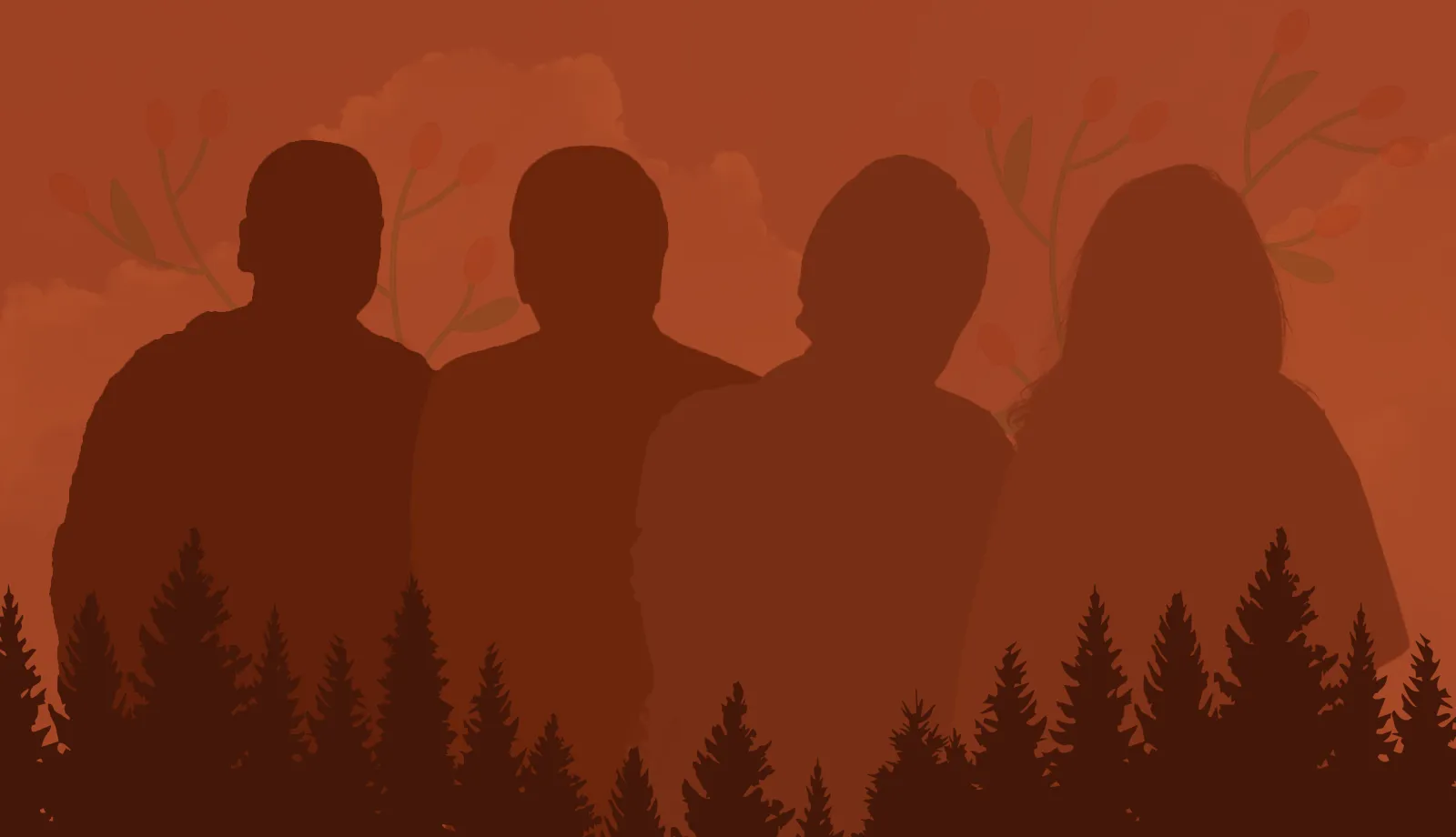3 minutes - Article
The path to progress has been paved by countless Indigenous forerunners who have shown us the way.
The path to progress has been paved by countless Indigenous forerunners who have shown us the way. Their unwavering determination, self-sacrifice, and passion to reclaim our voice, space, and power in society have made all the difference.
Be inspired by their stories and know that you too can blaze a trail and become a forerunner!
Harold Cardinal, a prominent Indigenous leader and activist, played a crucial role in advancing Indigenous rights in Canada. Born in 1945, he became involved in activism and co-founded the Indian Association of Alberta. His seminal work, "The Unjust Society," called for a new relationship between Indigenous and non-Indigenous peoples based on respect and reconciliation. Cardinal's contribution to the "Red Paper," a critique of the government's assimilation policies, galvanized the Indigenous rights movement. He continued advocating for Indigenous rights, serving on the Royal Commission on Aboriginal Peoples and receiving the Order of Canada. Cardinal's legacy endures as a champion of Indigenous rights and a visionary thinker in the pursuit of self-determination.
Stanley Joseph Daniels, born in 1924 in St. Paul de Metis, Alberta, dedicated his life to addressing social and political issues impacting Indigenous communities. He played a crucial role in securing Section 35 of the Constitution Act of 1982, which recognizes Indigenous treaty rights. Daniels was a strong advocate for Indigenous self-government, pushing for recognition and decision-making power within communities. He also championed better access to education, healthcare, and social services for Indigenous people. Daniels' contributions laid the foundation for progress in Indigenous rights and social justice. His legacy lives on through the Stan Daniels Healing Centre, named in his honor.
Dr. Leroy Little Bear is a Blackfoot researcher, professor emeritus at the University of Lethbridge, founding member of Canada's first Native American Studies Department, and recognized leader and advocate for First Nations education, rights, self-governance, language and culture. He has received numerous awards and recognition for his work, including the Officer Order of Canada, and the Alberta Order of Excellence.
George Manuel was a well-known Indigenous leader in Canada. In 1970, he was elected as the chief of the National Indian Brotherhood, which is now known as the Assembly of First Nations. He founded the World Council of Indigenous Peoples in 1975 and served as its president until 1981.
Manuel wrote "The Fourth World: An Indian Reality" in 1975, reflecting on his work with indigenous peoples across the Americas and exploring the impact of European immigration on these peoples.
In 1979, Manuel was elected as the president of the Union of BC Indian Chiefs. During his time as the President, Manuel developed the Aboriginal Rights Position Paper and organized the Indian Constitutional Express.
Manuel later worked as a Community Development Officer for the Cowichan Tribes government at Duncan. He passed away on November 15, 1989.
